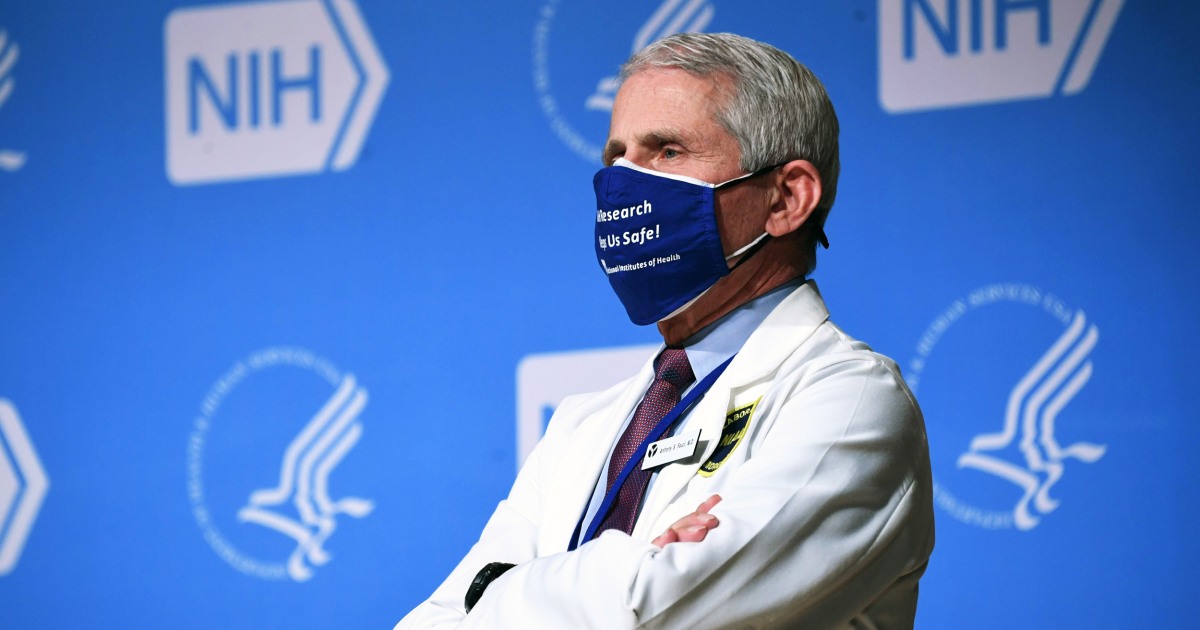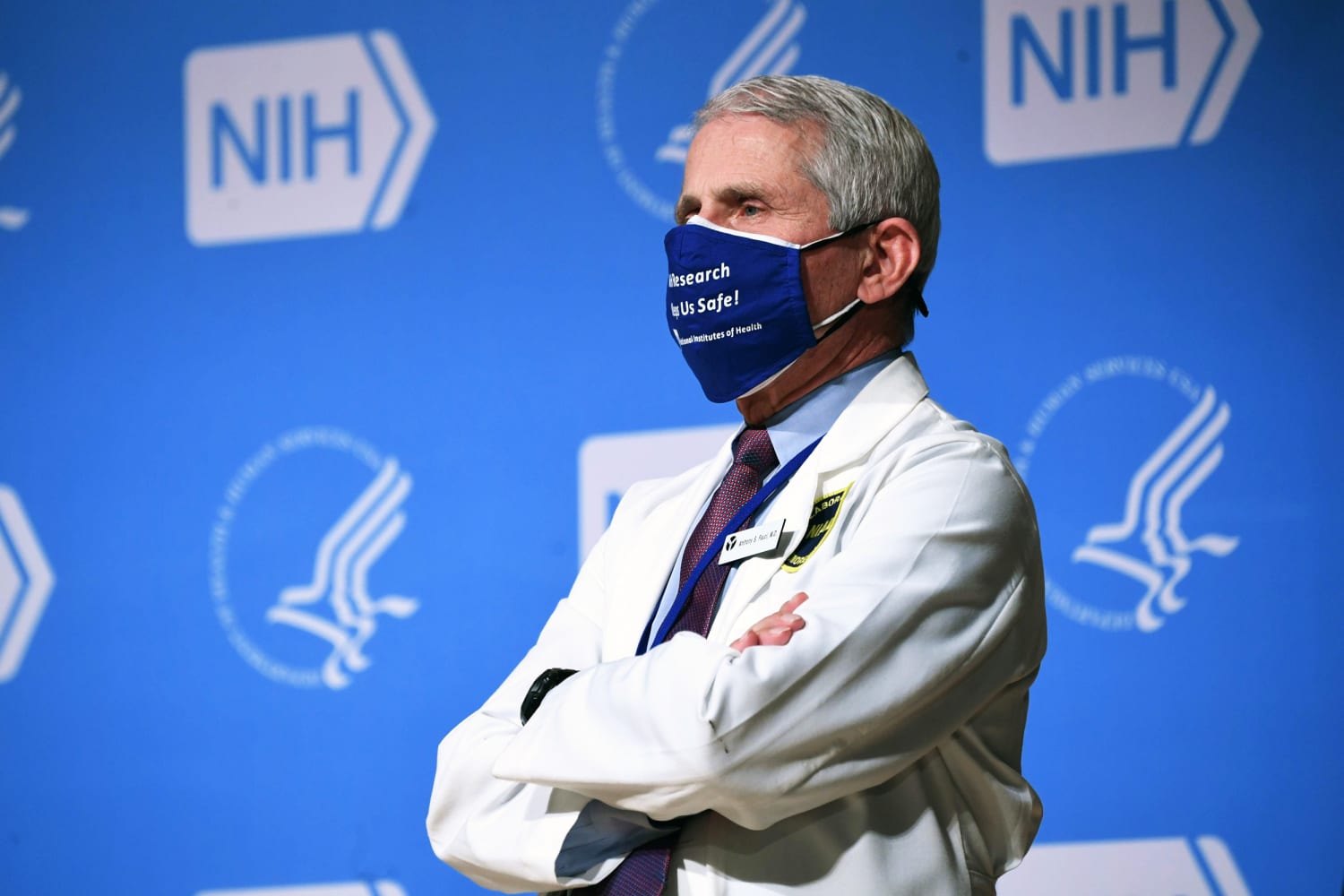
The National Institutes of Health has announced the first phase of its four-year, billion-dollar initiative to learn more about why some Covid-19 survivors have long-term symptoms, even after the virus has left the body.
The group of patients is known as the “long-haulers,” though the NIH is calling the condition “Post-Acute Sequelae of SARS-CoV-2 infection,” or PASC. (The word “sequelae” comes from Latin, meaning a condition that occurs following a disease. The word “sequel” has the same origin.)
Full coverage of the coronavirus outbreak
The NIH research aims to learn how SARS-CoV-2, the virus that causes Covid-19, could possibly lead to lasting symptoms, such as profound fatigue, brain fog, headaches, fevers and shortness of breath.
The symptoms “can range from mildly annoying to actually quite incapacitating,” Dr. Anthony Fauci, director of the NIH’s National Institute of Allergy and Infectious Diseases, said during a White House Covid-19 briefing Wednesday.
“We believe that the insight we gain from this research will also enhance our knowledge of the basic biology of how humans recover from infection, and improve our understanding of other chronic post-viral syndromes and autoimmune diseases,” NIH Director Dr. Francis Collins said in a statement Tuesday.
Congress previously allocated $1.15 billion to the NIH to study long-haulers. That money will be spent over four years. The research announced this week is the first in a series of such projects.
Researchers will be “looking at large data banks for resources, such as electronic health records and health symptoms, and they’ll be studying a number of biological specimens,” Fauci said.
The research initiative also hopes to answer the questions of how many Covid-19 survivors may be affected, who might be most vulnerable, as well as what the underlying cause may be for long-term symptoms.
Download the NBC News app for full coverage of the coronavirus outbreak
A study from Wuhan, China, published last month found Covid-19 symptoms may linger for up to six months.
Of about 1,700 patients, 63 percent said they still had fatigue or muscle weakness six months later, and roughly a quarter reported lingering anxiety or depression, as well as trouble sleeping.
“We do not know yet the magnitude of the problem, but given the number of individuals of all ages who have been or will be infected,” Collins wrote, “the public health impact could be profound.”
Source: | This article originally belongs to Nbcnews.com









